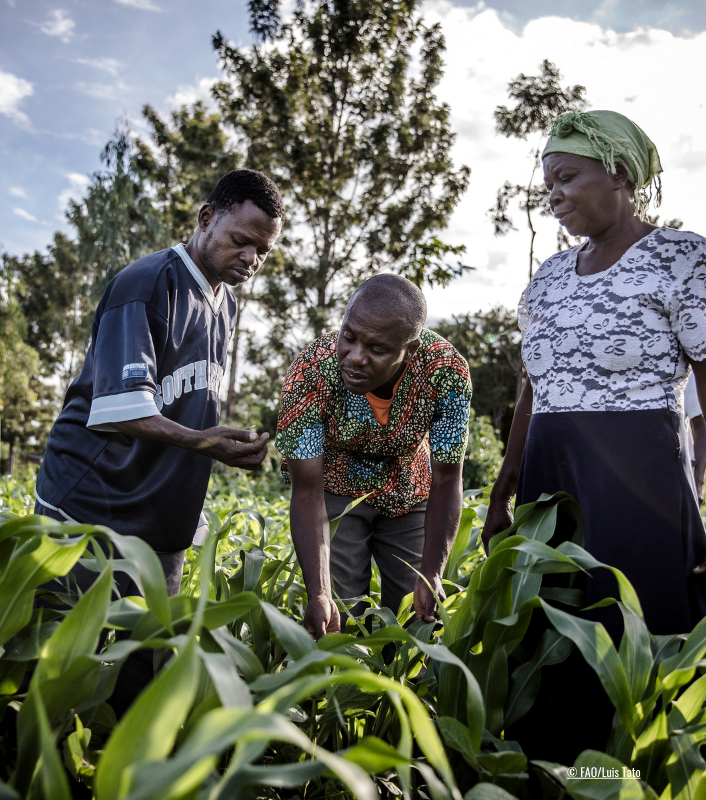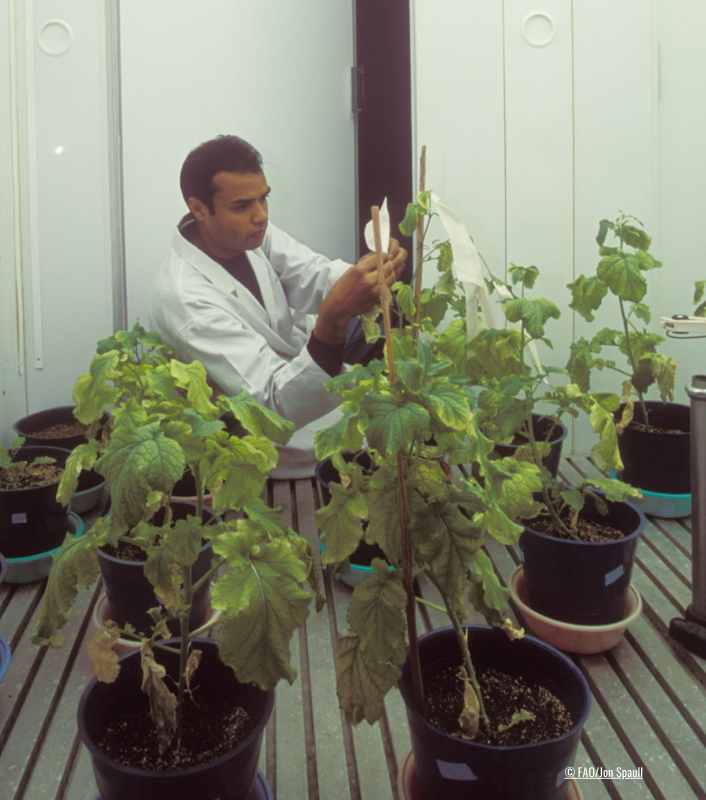COUNTRY ASSISTANCE
Accelerating the Means of Implementation
Alliance for a Green Revolution in Africa (AGRA)
Type of Assistance
- Policy and State Capability support: support the formulation or review of national food system related strategies, policies and legal frameworks. Normative guidance: e.g. working with, and supporting, AUDA-NEPAD in development or review of guidelines and how to use them at country level
- Strategies and policies formulation: support the formulation or review of national food system related strategies, policies and legal frameworks. Normative guidance: e.g. development or review of guidelines and how to use them at country level
- In-country technical support missions for pathways development, operationalization or implementation (system-wide or thematic). Expert assistance: deploy or assign expert to country remotely or physical or maintain roster of experts and thought Leaders
- Mobilize resources including developing investment cases for financial assistance to pathways implementation
Coverage: Africa
Summary of Assistance:
AGRA is supporting African countries to move from pathways to designing food systems strategies and investment plans with investable business cases that cut across food systems elements. Countries receive support to pitch the business cases to development partners and other forms of investors. AGRA is also providing technical support to the Africa Union and AUDA-NEPAD to develop continental guidelines for mainstreaming food systems into national development plans.
AGRA delivers support through:
- Grant making: AGRA awards those organizations that have been determined to possess the operational capability, technical expertise, adequate internal controls and experience to implement AGRA’s transformative agenda in-country. AGRA’s aim is to invest in projects that have measurable impact and can create meaningful, transformative change in food systems within Africa.
- Policy engagement and technical assistance: Assist the design of intervention programs and initiatives like the National Agriculture Investment Plans (NAIPS), the Agricultural Sector Transformation and Growth Strategy (ASTGS), food systems strategies and investment plans, among others.
- Supporting South-South Cooperation: Supporting African countries in peer-to-peer knowledge exchange, under the auspices of South-South Cooperation, using partnerships in Asia and Latin America.
AGRA hosts the secretariat of the African Green Revolution Forum (AGRF) on behalf of partners, and is also host to the Africa Food Prize secretariat.
Focal Points and Contact: Boaz Blackie Keizire, [email protected] , Catherine Kamau, [email protected]

International Food Policy Research Institute (IFPRI)
Type of Assistance
- National Pathway formulation, update, operationalization and/or assess effectiveness of implementation. Support to operationalization can be done through, for instance, costing of the Pathway and analysis of (expected) benefits or assistance in setting up stakeholder dialogues for Pathway implementation
- Capacity strengthening support for a contextualized “food systems approach” and tailored training programmes at the country level
- Analytics: (ex-ante and ex-post) impact assessments and analyses, data collection, evidence generation and monitoring, solution scanning and modeling of alternative policies. Monitoring and Evaluation support: identifying meaningful progress indicators, developing results frameworks and M&E plans
Coverage: Global (focus on developing countries)
Summary of Assistance:
The International Food Policy Research Institute (IFPRI) undertakes systems-oriented, multidisciplinary research to provide evidence-based assessments of food system innovations and policy support measures. These areas of development are critical to examine in order to identify solutions for sustainably transforming food systems, reducing poverty, and ending hunger and malnutrition in developing countries. IFPRI supports governments and other stakeholders in developing tools for national and global policy analysis, which governments and other stakeholders can use to assess feasible pathways towards food systems transformation. The modeling tools include integrated economy-wide country models, RIAPA, global model for foresight analysis, IMPACT, global food and agriculture policy analysis model, and MIRAGRODEP. These model frameworks help assess impacts of climate change and other shocks on agriculture, food security and nutrition, as well as assess effectiveness of policies to achieve the sustainable development goals. IFPRI helps build in-country capacities to use such tools and conduct policy analysis.
IFPRI’s Country Programs are designed to stimulate new thinking about the development process by identifying past development pathways, analyzing the strategic options available to countries to achieve specific development outcomes, and strengthening the strategic planning and implementation processes through which countries can achieve these outcomes.
Focal Points and Contact: Jenna Fogle, [email protected], Rob Vos, [email protected]
Relevant Links & Documents: Website